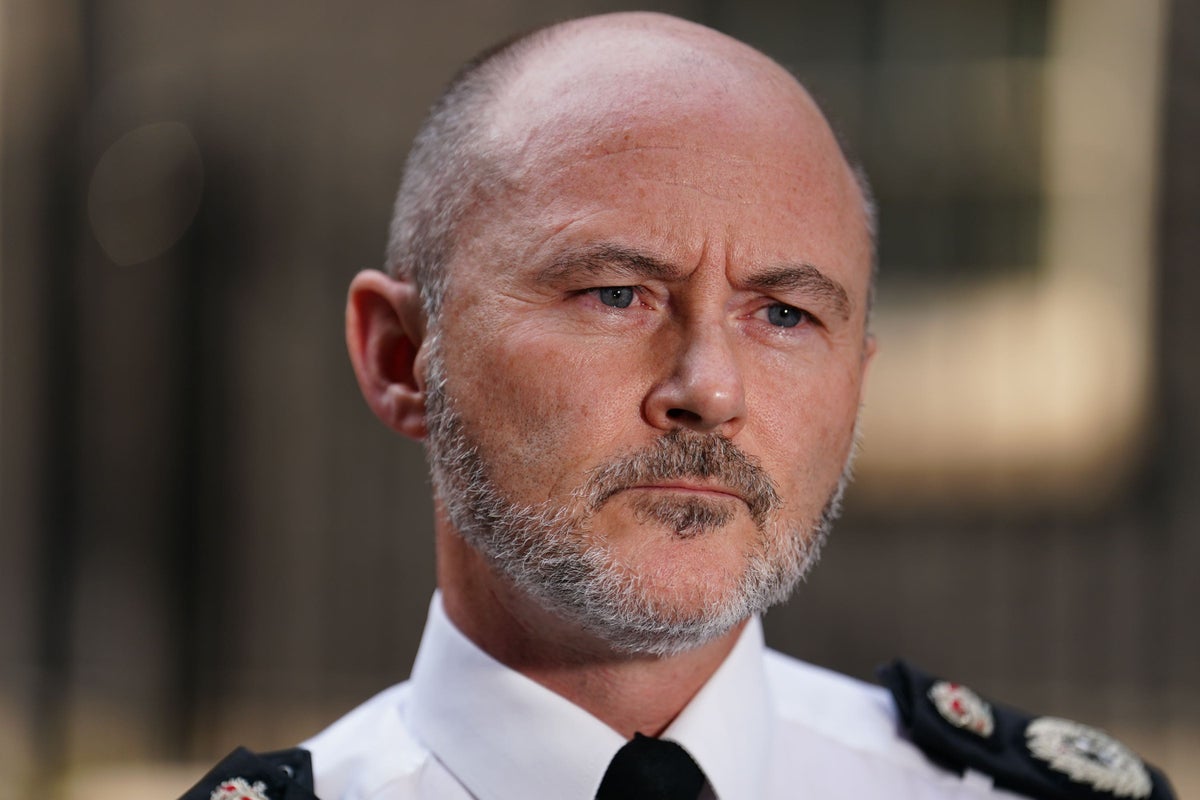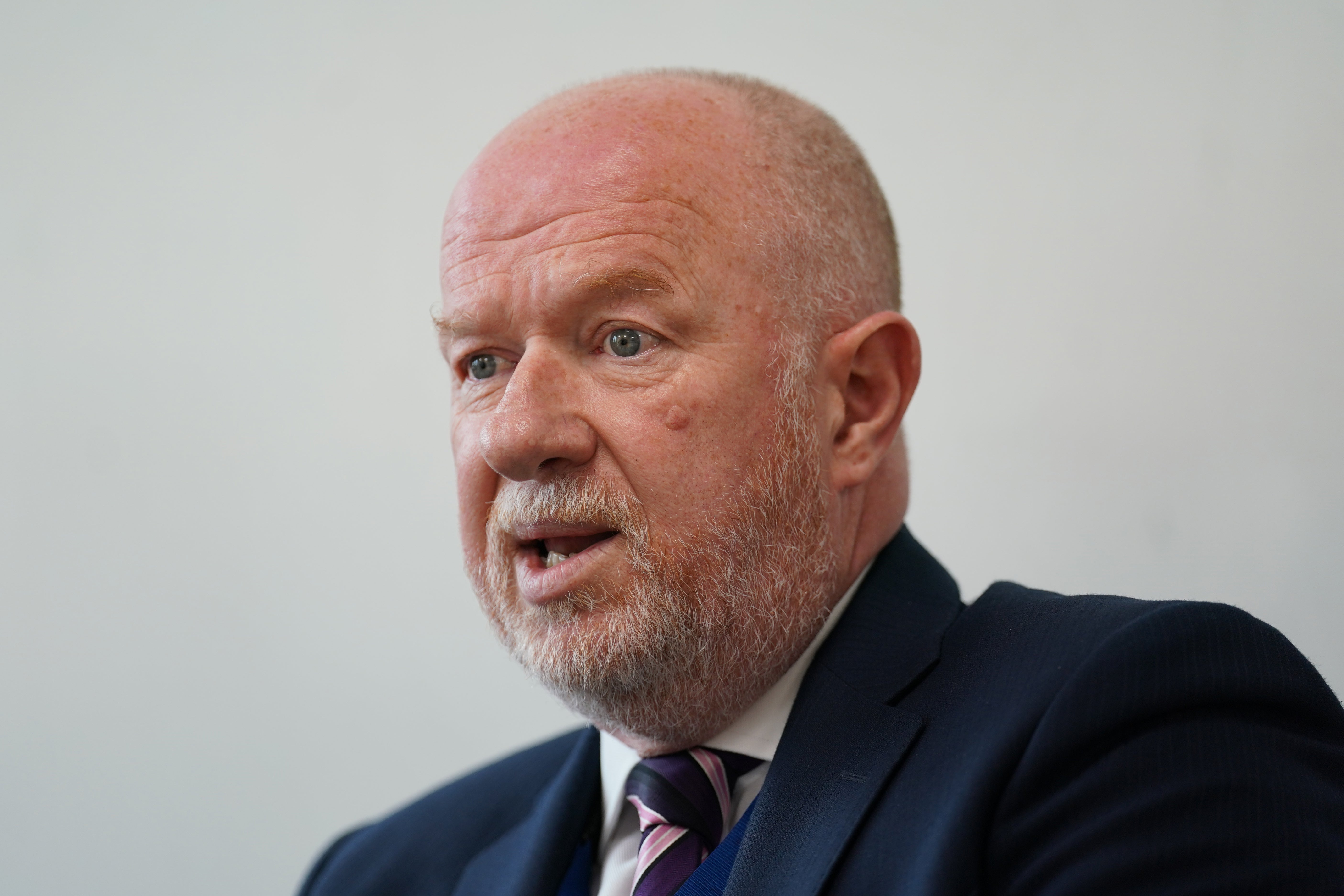
Three of the country’s most senior police officers have written to the Home Secretary to push for changes in the law around offensive statements made online.
Chairman of the National Police Chiefs’ Council (NPCC) Gavin Stephens, Metropolitan Police chief Sir Mark Rowley and head of the College of Policing Sir Andy Marsh wrote to Shabana Mahmood after a row over the arrest of Father Ted co-creator Graham Linehan.
The writer was stopped at Heathrow Airport earlier this month and arrested over three X posts about trans issues.
The contents of the letter, sent on Tuesday, were not released, but the NPCC chairman said in a statement that officers are increasingly expected to “referee social debate” using legislation that pre-dates social media.
There is also a separate, ongoing review of the use of non-crime hate incidents, that are used by police to gather intelligence on potential rising tensions within communities.
On Wednesday watchdog His Majesty’s Chief Inspector of Constabulary Sir Andy Cooke said the incidents should no longer be recorded.
Mr Stephens said: “The letter identified two key policy issues relating to our approach to dealing with non-crime hate incidents and online offending.
“We wrote about the difficulties of how this is handled under current national crime recording standards, coupled with how existing laws are applied to purposes for which they were never intended.
“Much of the existing legislation predates the widespread use of the internet and social media and, as a result, criminal thresholds do not translate well into the online space and policing is left applying offences in ways very different from those originally intended.
“Police officers face an increasingly polarised world, governed by a system of regulations, guidance, and legislation that increasingly expects them to referee societal debate rather than focus on real-world threat and risk.
“We set out a number of proposals and await a response from the Home Secretary on behalf of the Home Office.”
Sir Mark told the BBC Radio 4 Today programme that police need to be allowed to exercise more discretion.
He said some national standards around recording crime and incidents draw policing “into a low discretion world where the wrong decisions are too often made in the public eye”.

Earlier, as an annual report on the state of policing was published, Sir Andy said non-crime hate incidents are no longer required and that intelligence could be gathered in a different way.
Debate over how they are used flared last year when officers from Essex Police visited Telegraph columnist Allison Pearson to arrange an interview about an entry on X.
Sir Andy warned that officers are placed in an invidious position by current legislation and that “discretion and common sense don’t always win out in these issues”.
He said: “I think we need to separate the offensive from the criminal. We need, at times, to allow people to speak openly without the fear that their opinion will put them on the wrong side of the law.”
Work to remove Banksy mural at Royal Courts of Justice resumes
Live facial recognition has led to over 700 arrests this year, Met boss says
Police must separate offensive conduct from criminal, says watchdog
McGovern quits Labour deputy leader race to back frontrunner Phillipson
Three migrants die and three missing in Channel crossings
Doctors missed chances to save girl who had meningitis, parents tell inquest







